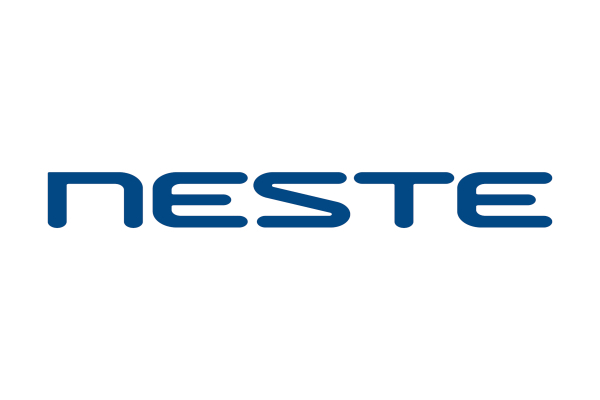
In recent news, Gen, Nikon, and Neste have all been recognized as sustainability leaders in their respective industries. Gen has been acknowledged as a sustainability leader on this year's Dow Jones Sustainability North America Index, highlighting its commitment to a sustainable digital economy. The Dow Jones Sustainability Index evaluates companies based on their environmental, social, and governance (ESG) performance. Gen's inclusion on the index underscores its efforts in areas such as carbon emissions reduction, renewable energy usage, and diversity and inclusion. The company aims to continue making a positive impact in these areas.
Similarly, Nikon Corporation has received a 'Prime' rating in The ESG Corporate Rating by ISS ESG, one of the leading ESG evaluation institutions. ISS ESG evaluates companies based on environmental, social, and governance criteria, and companies that receive high evaluations in their industry are rated as 'Prime.' Nikon has been recognized for its initiatives in the areas of environment and human rights. Additionally, Nikon has been selected for all ESG indices adopted by the Government Pension Investment Fund (GPIF) targeting domestic stocks. The company aims to contribute to the realization of a sustainable society and continues to promote these efforts.
Adding to this list, Neste has been selected for the Dow Jones Sustainability Indices (DJSI) for the 18th consecutive year, being included in both the DJSI World and DJSI Europe indices. Neste has been recognized for its performance in human rights, biodiversity, climate strategy, and supply chain management. Päivi Makkonen, Vice President of Sustainability at Neste, emphasized the honor of this recognition and the company's ongoing commitment to sustainability. Neste has also received accolades from CDP, Sustainalytics, EcoVadis, MSCI ESG Rating Index, and Global 100, further solidifying its position as a leader in sustainable practices.
These recognitions highlight the commitment of Gen, Nikon, and Neste to sustainability and their efforts to make a positive impact in their industries. All three companies are dedicated to contributing to a sustainable society and promoting environmental, social, and governance initiatives.
The rise and fall of ESG investments have been observed globally. Ireland has emerged as a leader in ESG investing, with ESG products accounting for a significant portion of assets under management. The country has become a major funds center and is committed to meeting the needs of global investors. However, in Korea and the US, there has been a decline in ESG investments due to various factors such as economic outlook and high interest rates. Despite this, market watchers believe that responsible investment trends will continue to grow in the future, driven by efforts to improve ESG-related investment standards.
The US market has also seen a significant decline in sustainability-linked loans (SLLs), attributed to the tense political environment and reputational risks associated with ESG products. On the other hand, the Asia-Pacific region, particularly China, is experiencing rapid growth in SLL volumes. The region is expected to surpass the US in SLL sales for the first time. However, challenges remain in getting other banks to agree to standard requirements for borrowers.
In Thailand, the establishment of the Thailand ESG Fund is expected to be approved soon. The fund will focus on investing in businesses that contribute to the sustainable development of the country. Investors in the fund will receive tax benefits, further promoting sustainable investment in Thailand.
Despite these regional variations, the Global Sustainable Investment Alliance (GSIA) has reported a shrinkage in the global ESG market. The decline in sustainable assets is largely attributed to a change in methodology used to calculate the numbers. However, questions about the future of sustainable finance persist in the US as lawmakers try to fight the incorporation of ESG principles into business and investing. On the other hand, ESG-related assets are still growing in Europe, Japan, Australia, and New Zealand.
In the fintech sector, global investment in ESG fintech is expected to exceed US$100 billion this decade. The urgency to transition to a low-carbon emission model and the commitment of large corporations to ESG standards are driving this growth. Financial services lead in-house spending on ESG fintech, while external investment has declined due to macroeconomic challenges. The Americas, particularly the US, is experiencing growth in ESG fintech funding, while APAC, including Singapore, is emerging as a leader in the sector. Singapore, in particular, is recognized as an ESG fintech hub, supported by comprehensive green investment approaches and regulatory initiatives.
Overall, the ESG market has seen both ups and downs globally. While there are challenges and regional disparities, the sector is expected to continue growing and fuel demand for specialized workforce worldwide.